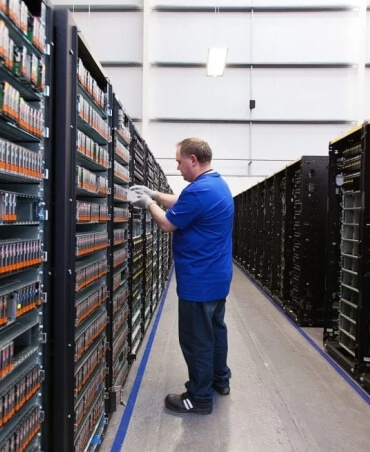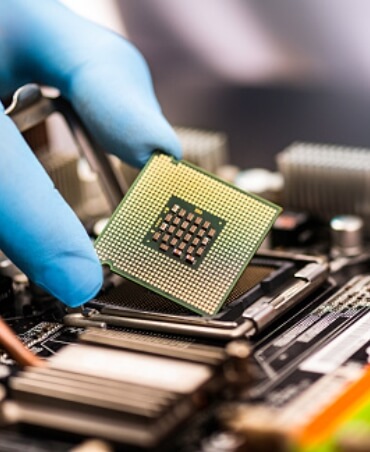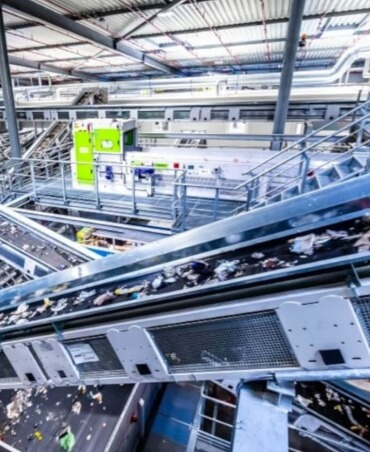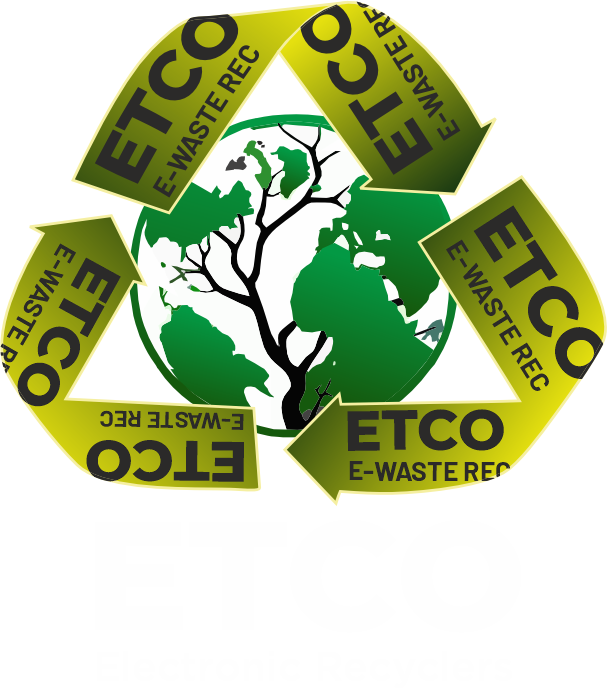Electronic Recycling
Electronic Recycling
Electronic recycling, also known as e-waste recycling, is the process of recycling electronic devices and components at the end of their useful life. This includes devices such as computers, laptops, mobile devices, servers, printers, and other electronics.
Electronic waste contains a range of hazardous materials, including lead, mercury, and cadmium, that can be harmful to the environment and human health if not disposed of properly. Recycling e-waste helps to recover valuable materials and reduce the environmental impact of electronic devices.
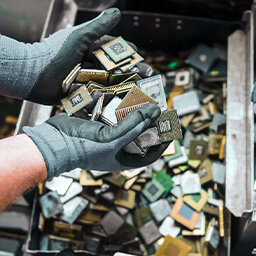
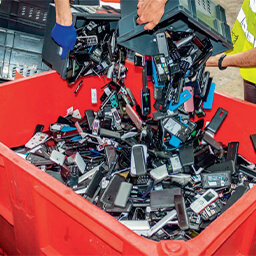
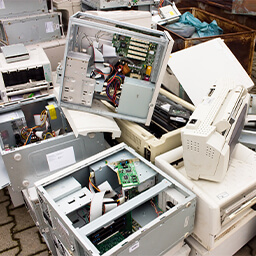
The electronic recycling process typically involves several steps:
- Collection: Electronic devices are collected from individuals, businesses, and other sources.
- Sorting: The devices are sorted based on their material composition and potential for reuse or recycling.
- Data destruction: All data on the device is securely erased using specialized software to protect against data breaches.
- Dismantling: The devices are disassembled, and the components are separated for recycling.
- Recycling: The individual components are processed for reuse or recycled for their raw materials.
- Environmental disposal: Any hazardous waste that cannot be reused or recycled is disposed of in an environmentally responsible manner.
It is important to recycle electronic waste properly to minimize the impact on the environment and human health. Look for a reputable e-waste recycling facility that follows best practices and is certified by organizations such as ISO. Additionally, consider donating still-functional electronics to organizations that can reuse them rather than recycling them.
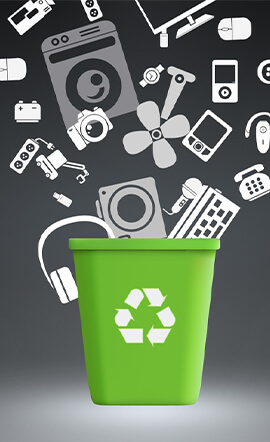
Our Other Services

